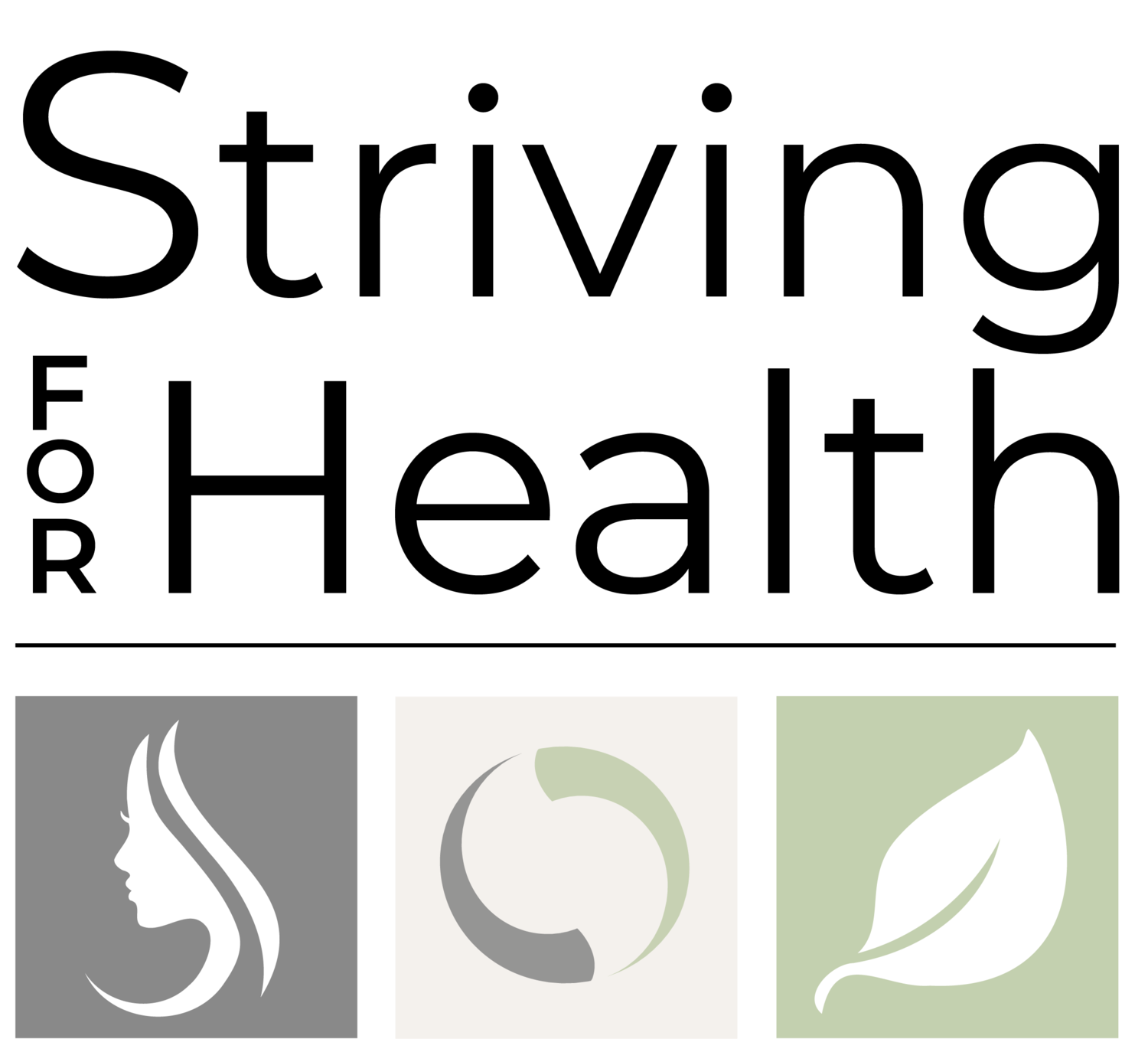Tips for navigating grass allergy symptoms…
Yep… summer is officially here and so are the grass pollens.
If you are finding yourself experiencing sneezing, congestion, headaches or itchy eyes, it is most likely a reaction to grass pollens, they are in full swing right now! Grasses can also cause contact issues leading to rashes and hives so keep that in mind.
Did you know that over 50 million Americans suffer with seasonal allergies? That is a crazy amount of people suffering with stupid allergy symptoms.
Since we are in full swing with grass season, I wanted to give you a few tips to get you through the season with the least amount of snot, headaches, sneezing, runny nose and weeping eyes.
Here are some simple tips to navigate grass pollen allergy symptoms:
1. Make sure you have someone else mow the yard. This one seems obvious, but it can help. It is OK to delegate this task to someone who doesn’t suffer with allergy symptoms. You want to keep the grass short, to keep it from pollinating. Grass pollens are carried through the air, not by insects.
2. If you are outside, make sure to change your clothes and shower when you get home to get any unwanted pollens washed from your clothes and body.
3. Increase foods that contain quercetin or take a quercetin supplement. Quercetin can help reduce inflammation and inhibit histamine production. There is a good one at Whole Foods with quercetin and bromelain that I like - click here to see but there are also a ton of other options as well. Foods high in quercetin include onions, apples, grapes, berries, broccoli, citrus fruits, cherries, tea, and capers.
4. Include more ginger and stinging nettle into your diet. They are both mast cell inhibitors, which can help reduce histamine levels.
5. Lower your high histamine foods during allergy season to reduce your overall histamine load. There are a ton of resources online to find high histamine foods, here is just one of them: click here for high histamine foods
6. We love working with the ear since your entire body is represented on the ear, it is an easy way to access everything. A simple treatment is to stimulate the apex of your ear with gentle pressure, (top most part of the ear). This is a great allergy acupressure point to help with symptoms. Just stimulate the point with pressure for about 20 seconds, do both sides. There are also other points that can be stimulated to support allergies, this will get you started: click here for point locations
Just FYI: We offer ear kits at the office if you want to pursue this more, it works great! 😊
7. Another acupuncture point that you can easily stimulate is the point LI20 – it is found on the midpoint of the lateral end of the nose, so next to the side of the nostril. Just stimulate the point for about 20 seconds, do both sides. If you need help finding the point: click here
8. Did you know that stress makes allergy symptoms worse? Yep, it makes everything worse! A study published in Annals of allergy, asthma & immunology found a link between allergy sufferers and stress. The study found that “individuals with persistent emotional stress have more frequent allergy flares”. So, make sure to include some stress reducing practices like yoga, meditation, acupuncture, CBD, calm strolls or whatever feeds your soul and gives you some calm.
9. As if PMS doesn’t suck enough already, it can also make your allergies worse. Higher levels or hormones, like estrogen, can be blamed for worsening runny noses and itchy eyes. So, if you experience PMS symptoms, get those looked at so you can at least have better coping skills during this time of the month with allergy symptoms.
10. Some foods that have cross reactive proteins with grass pollens are: Melons, Oranges, Peach, White Potato and Tomato. So, people with grass allergies may notice that their symptoms are a bit worse with these foods in the summer.
11. Acupuncture and herbs can help to strengthen the systems and combat allergy symptoms.
If you would like more help navigating allergy symptoms, we are here to help! We offer a needle free therapy that can quickly address the symptoms associated with allergies and sensitivities so you can enjoy your summer… symptoms free.
The good news, grass pollens are usually finished by mid- August, so just another month or so to go… Enjoy the rest of the summer!🌞
Stay healthy!
DeBritt

